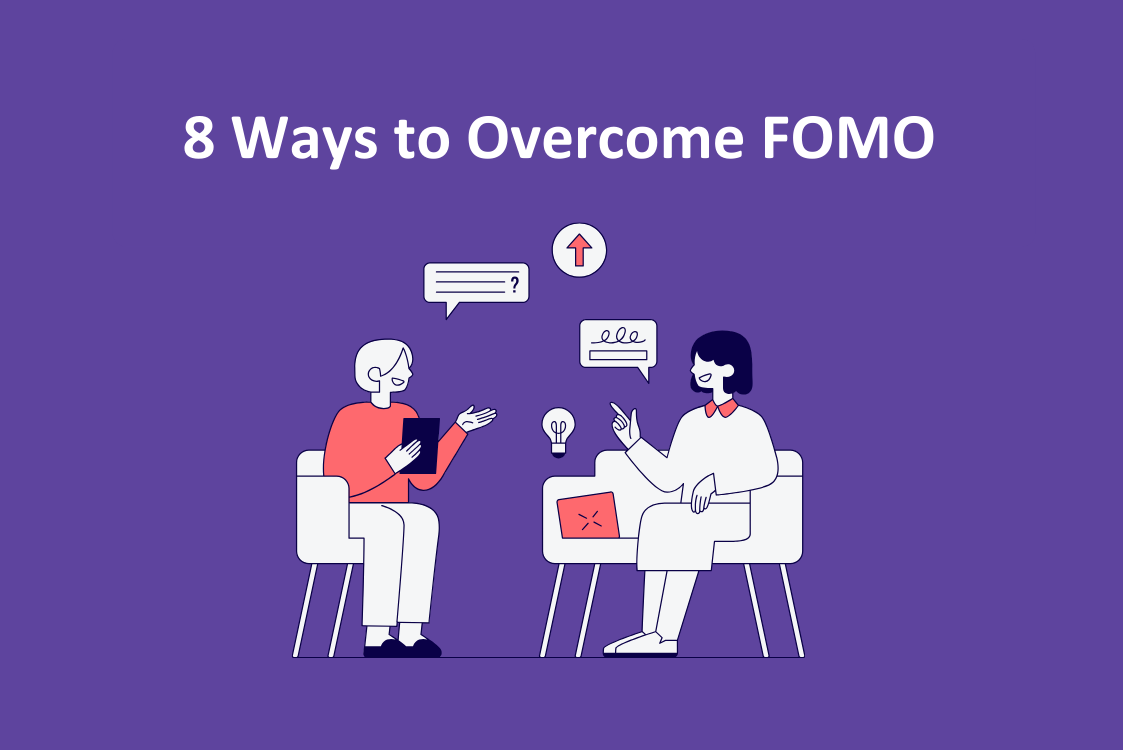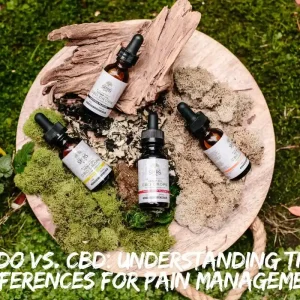Fear of Missing Out, or FOMO, is a pervasive feeling that many people experience in today’s digital age. Social media and constant connectivity can amplify these feelings, making us believe that everyone else is living a better life. Overcoming FOMO is crucial for mental well-being and happiness. Here are eight effective ways to combat FOMO and live a more contented life.
1. Practice Gratitude
Focusing on what you have, rather than what you lack, can significantly reduce feelings of FOMO. Practicing gratitude helps shift your perspective from scarcity to abundance.
How to Practice Gratitude
- Keep a gratitude journal and write down three things you are thankful for each day.
- Reflect on positive experiences before bed.
- Express appreciation to those around you.
Expert Insight
Dr. Laurie Santos, a professor of psychology, explains, “Focus on practicing gratitude for the things you already have in your life. Regularly appreciating what you possess can counter feelings of missing out and cultivate contentment”【Dr. Laurie Santos†source】.
Personal Anecdote
I started keeping a gratitude journal last year, and it has transformed my outlook. By focusing on daily positives, I’ve become less preoccupied with what I might be missing out on.
2. Set Realistic Goals
Chasing every opportunity can lead to burnout and exacerbate FOMO. Setting realistic goals helps you focus on what truly matters to you, rather than what others are doing.
How to Set Realistic Goals
- Prioritize your tasks and set achievable targets.
- Break down larger goals into manageable steps.
- Celebrate small victories along the way.
Expert Insight
Gretchen Rubin, a productivity expert, advises, “Set realistic goals and priorities for yourself. Chasing every opportunity can lead to burnout and amplify FOMO. Focus on achieving your own goals instead of comparing your progress to others”【Gretchen Rubin†source】.
Personal Anecdote
By setting realistic goals for my career and personal life, I’ve been able to achieve more without feeling overwhelmed by what others are doing.
3. Limit Social Media Use
Social media is a major contributor to FOMO. Limiting your time on these platforms can reduce exposure to curated images of other people’s lives, which often trigger feelings of inadequacy.
How to Limit Social Media Use
- Set specific times for social media use.
- Turn off notifications.
- Use apps to monitor and limit your screen time.
Expert Insight
Dr. Brad J. Bushman, a social psychologist, notes, “Social media can be a breeding ground for FOMO. Be mindful of your social media consumption and curate your feeds to focus on things that inspire you rather than those that trigger feelings of inadequacy”【Dr. Brad J. Bushman†source】.
Personal Anecdote
Taking regular social media breaks has allowed me to reconnect with the real world and reduce unnecessary stress about what others are doing.
4. Embrace Digital Minimalism
Digital minimalism involves intentionally reducing digital clutter to focus on meaningful interactions and activities. This approach helps in managing FOMO by fostering a more deliberate use of technology.
How to Embrace Digital Minimalism
- Declutter your digital spaces, such as your phone and computer.
- Prioritize face-to-face interactions.
- Schedule tech-free times or zones in your home.
Expert Insight
Cal Newport, an advocate of digital minimalism, suggests, “Consider taking breaks from social media to disconnect and reconnect with your own life. This can help reduce your exposure to triggers of FOMO and allow you to appreciate the present moment”【Cal Newport†source】.
Personal Anecdote
Adopting digital minimalism has helped me focus on what truly matters. By reducing my digital distractions, I’ve found more time for hobbies and meaningful conversations.
5. Focus on Personal Growth
Investing in personal growth and self-improvement can shift your focus from external validation to internal fulfillment. This can be a powerful antidote to FOMO.
How to Focus on Personal Growth
- Take up a new hobby or skill.
- Set personal development goals.
- Reflect on your achievements and progress.
Expert Insight
Dr. Michael Leiter, an organizational psychologist, emphasizes, “Recognize that social media portrayals are often idealized and don’t reflect the full picture. Focus on your own experiences and avoid comparing your real life to others’ curated online personas”【Dr. Michael Leiter†source】.
Personal Anecdote
Learning a new language has been a rewarding challenge for me. It keeps me engaged and focused on my own progress, rather than comparing myself to others.
6. Cultivate Real-Life Connections
Building and nurturing real-life relationships can provide a sense of belonging and reduce the need for social media validation.
How to Cultivate Real-Life Connections
- Schedule regular meet-ups with friends and family.
- Participate in community activities.
- Be present in your interactions.
Expert Insight
Belinda Luscombe, a journalist, points out, “Life is full of trade-offs. Missing out on one thing can sometimes lead to an unexpected and positive experience. Embrace the present and trust that you’ll have fulfilling opportunities in the future, even if they differ from what others might be experiencing”【Belinda Luscombe†source】.
Personal Anecdote
Joining a local book club has provided me with a supportive community. These real-life interactions are far more fulfilling than scrolling through social media feeds.
7. Engage in Mindfulness Practices
Mindfulness helps you stay present and appreciate the moment, which can significantly reduce feelings of FOMO.
How to Practice Mindfulness
- Practice deep breathing exercises.
- Meditate regularly.
- Engage in mindful activities like yoga or walking.
Expert Insight
Studies suggest that mindfulness-based interventions can effectively reduce FOMO and promote gratitude. A study on mindfulness and gratitude found that these practices can help manage social media use and improve overall well-being【A Mindfulness-Based Intervention to Reduce Fear of Missing Out and Foster Gratitude†source】.
Personal Anecdote
Meditation has become a daily habit for me. It helps me center myself and appreciate the present, reducing my anxiety about missing out on other experiences.
8. Seek Professional Help if Needed
If FOMO is significantly impacting your mental health, seeking help from a professional can provide you with the tools to manage it effectively.
How to Seek Professional Help
- Consult a therapist or counselor.
- Join support groups.
- Utilize mental health resources available in your community.
Expert Insight
Dr. Joseph Maroon, a neurosurgeon, highlights the importance of professional guidance: “The legal landscape surrounding cannabis products varies by region. Always ensure you purchase products from licensed dispensaries that adhere to quality control and labeling standards”【Dr. Joseph Maroon†source】.
Personal Anecdote
Talking to a therapist about my FOMO has been incredibly beneficial. They provided strategies and insights that have helped me manage my feelings more effectively.
Conclusion
Overcoming FOMO is about shifting your focus from what you lack to what you have and cultivating a sense of gratitude and contentment. By practicing gratitude, setting realistic goals, limiting social media use, embracing digital minimalism, focusing on personal growth, cultivating real-life connections, engaging in mindfulness practices, and seeking professional help if needed, you can significantly reduce feelings of FOMO and live a more fulfilling life.





